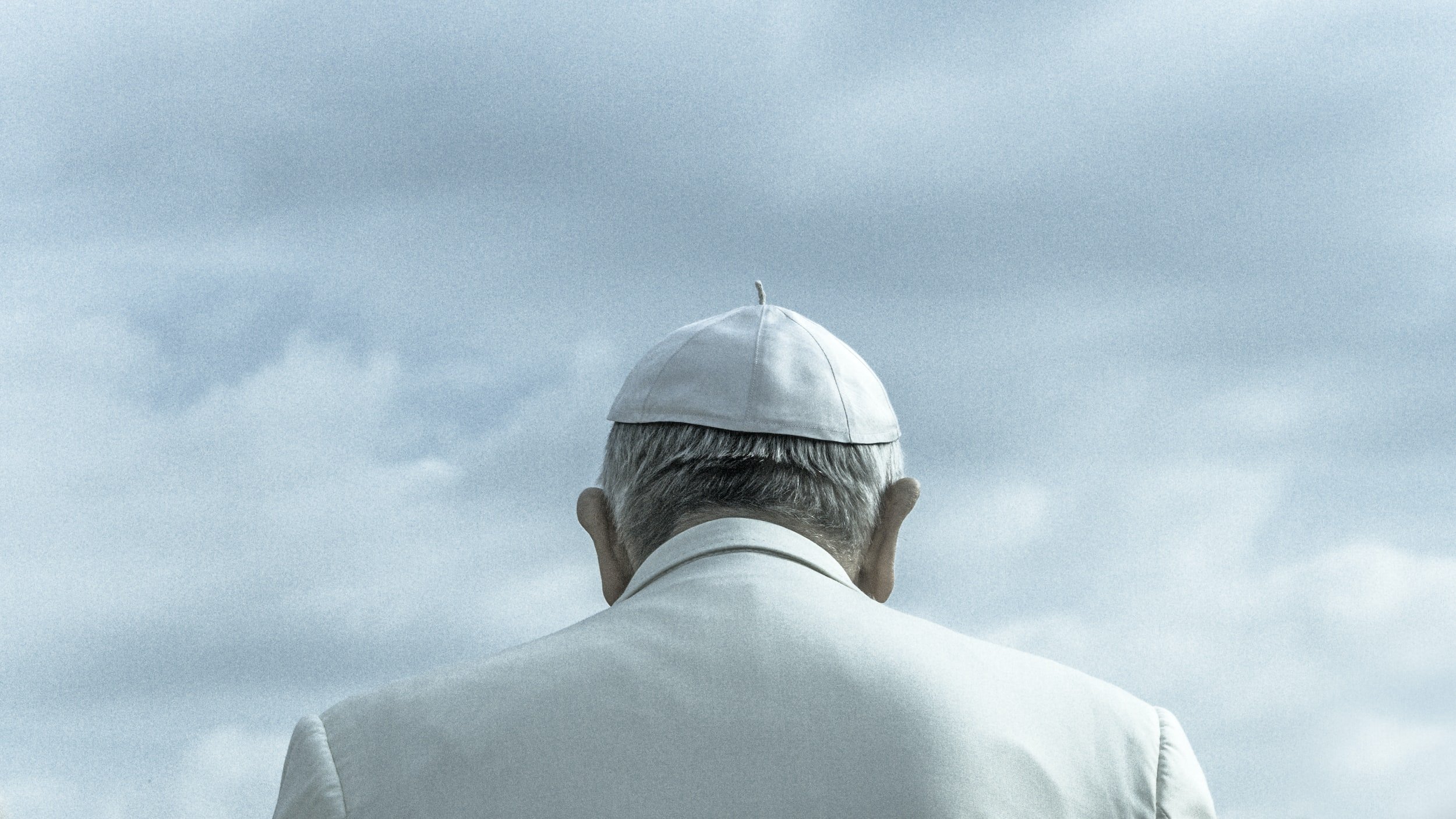How the Pope and an American Cardinal Ignited New Debates On Sex And The Eucharist
Religion Unplugged believes in a diversity of well-reasoned and well-researched opinions. This piece reflects the views of the author and does not necessarily represent those of Religion Unplugged, its staff and contributors.
Unsplash photo by Nacho Arteaga.
(OPINION) When popes talk about sex, it tends to make headlines.
This was certainly true when Pope Francis told The Associated Press last month, “Being homosexual isn’t a crime.” He said the Catholic Church opposes criminalizing homosexuality and that “we are all children of God, and God loves us as we are.” The pope then noted that homosexual activity is “not a crime. Yes, but it’s a sin.”
The pope immediately responded to questions from Outreach.faith, a website serving LGBTQ Catholics. Francis explained: “I was simply referring to Catholic moral teaching, which says that every sexual act outside of marriage is a sin. ... This is to speak of ‘the matter’ of sin, but we know well that Catholic morality not only takes into consideration the matter, but also evaluates freedom and intention; and this, for every kind of sin.”
The timing was striking since the AP interview ran on Jan. 25 — one day after the Jesuit magazine America published a controversial essay by Cardinal Robert W. McElroy of San Diego, whom Pope Francis selected as a cardinal last year.
“It is a demonic mystery of the human soul why so many men and women have a profound and visceral animus toward members of the LGBT communities,” concluded McElroy. “The church’s primary witness in the face of this bigotry must be one of embrace rather than distance or condemnation. The distinction between orientation and activity cannot be the principal focus for such a pastoral embrace because it inevitably suggests dividing the LGBT community into those who refrain from sexual activity and those who do not.”
The cardinal linked this “pastoral” approach to another hot-button issue: offering Holy Communion to Catholics who divorced and remarried outside the church. Previously, he had claimed that the “Eucharist is being weaponized and deployed as a tool in political warfare” by bishops attempting to withhold Communion from Catholic politicians who publicly promote abortion rights.
In this new essay, McElroy applauded Pope Francis for viewing Communion “not as a prize for the perfect, but as a source of healing for us all.” The cardinal’s bottom line: “Sexual activity, while profound, does not lie at the heart” of Catholic teachings about discipleship, he said. “Yet in pastoral practice we have placed it at the very center of our structures of exclusion from the Eucharist. This should change.”
Clearly, McElroy believes Catholic doctrine focuses too much on sex, noted Stephen P. White, leader of The Catholic Project at The Catholic University of America.
Wrote White on TheCatholicThing.org: “Were it not for the utter collapse of marriage in the West, the malformation and perversion of a whole generation of young people through pornography, the daily reminders that our gnostic culture promotes a view of the human person which renders the body meaningless and the Incarnation incoherent, and the Church’s own decades of failure to adequately address sexual abuse, he might have a point.”
Criticism of McElroy’s essay is linked to debates about the Vatican’s ongoing Synod on Synodality, according to Michael J. O’Loughlin, national correspondent for America. For Americans, McElroy’s openness to reforms on homosexuality, divorce, female clergy and other issues “may feel like an outlier,” he wrote. But in some parts of the world, especially Germany, “calls to make the church more welcoming for LGBT people have been even stronger.”
For example, Cardinal Jean-Claude Hollerich of Luxembourg recently “called the church’s teaching on homosexuality ‘no longer correct,’ and stated, ‘I think it is time for a fundamental revision of the doctrine,’“ noted O’Loughlin. Hollerich is a key synod leader, “which helps explain why some Catholics are fearful” this process could alter doctrines.
Indeed, many Catholics are asking questions, agreed Larry Chapp, a theologian who helps lead the Dorothy Day Catholic Worker Farm in Pennsylvania.
Here is one urgent question: Where does the pope stand?
“It is Pope Francis who has elevated McElroy to the rank of Cardinal,” wrote Chapp in Catholic World Report. “In so doing, he deliberately eschewed giving a red hat to more conservative prelates from large Sees normally associated with its bishop being a Cardinal. And it is Pope Francis who has made Cardinal Hollerich the relator general of the Synod, even though he too ... seems cut out of the same cloth as the Germans and Americans like McElroy.”
Terry Mattingly writes the nationally syndicated “On Religion” column for the Universal Syndicate and leads GetReligion.org. He lives in Oak Ridge, Tennessee and is a senior fellow at the Overby Center at the University of Mississippi.

